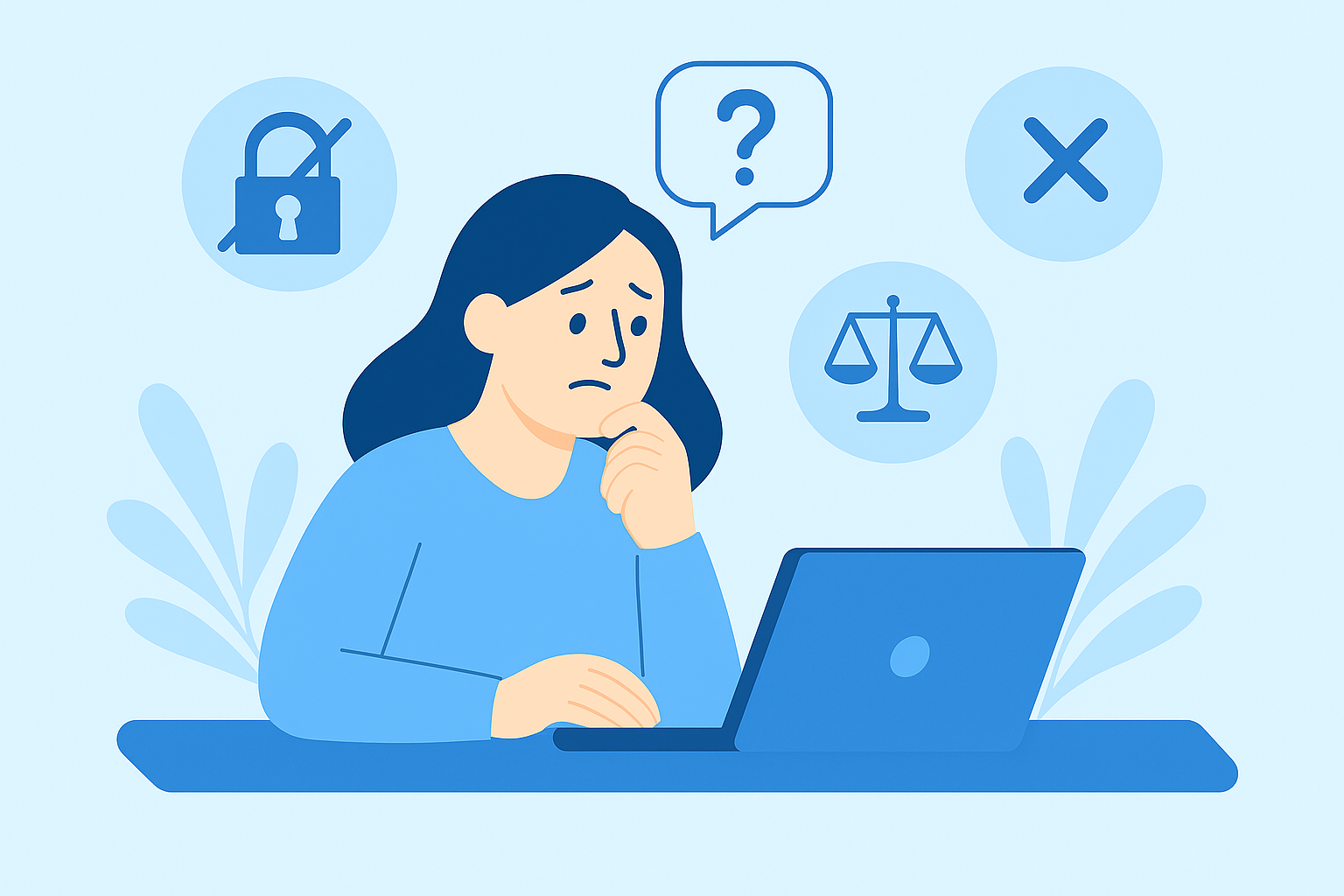
The public search tools on LutinX (via QR Code, Blockchain Hash, or Digital Signature) are designed to allow anyone to quickly check the authenticity of a document.
However, public search has limitations compared to what a registered account or an extraordinary legal request can provide.
✅ Verify authenticity of a document using QR, Hash, or Digital Signature.
✅ Check author information (including KYC verification if completed).
✅ See timestamps proving when the document was registered on blockchain.
✅ Confirm licence type (e.g., Creative Commons, Private, Public).
✅ Access the official certificate page without needing an account.
❌ Access private documents → the owner of the registration can decide whether to make them public or keep them private.
❌ View the file contents → the search shows the registration record, but the actual file remains stored inside the owner’s account.
❌ Modify or revoke registrations → these actions can only be managed by the account holder.
❌ Use directly for legal enforcement → while blockchain evidence has legal value, in extraordinary cases a court may request LutinX to provide certified official documentation.
❌ Perform advanced comparisons (e.g., checking if a local file matches a registered one) → this requires tools available in the Explorer or account-based verification.
These restrictions are intentional:
To protect privacy of registered documents.
To ensure ownership control remains only with the account holder.
To provide public transparency while keeping sensitive files secure.
Conclusion: Public search is a powerful way to instantly prove authenticity, but it is not a replacement for the full set of tools available to LutinX account holders.
For advanced verification or legal use, you may need to log in or rely on official certified documentation issued by LutinX upon request.